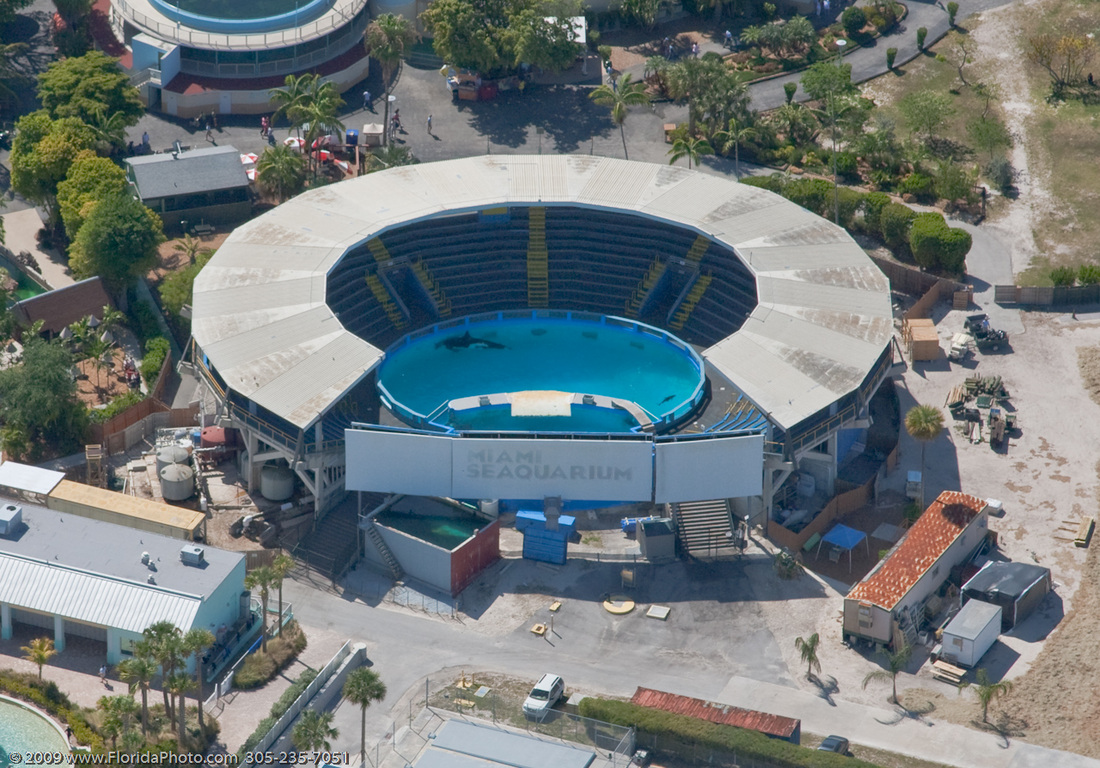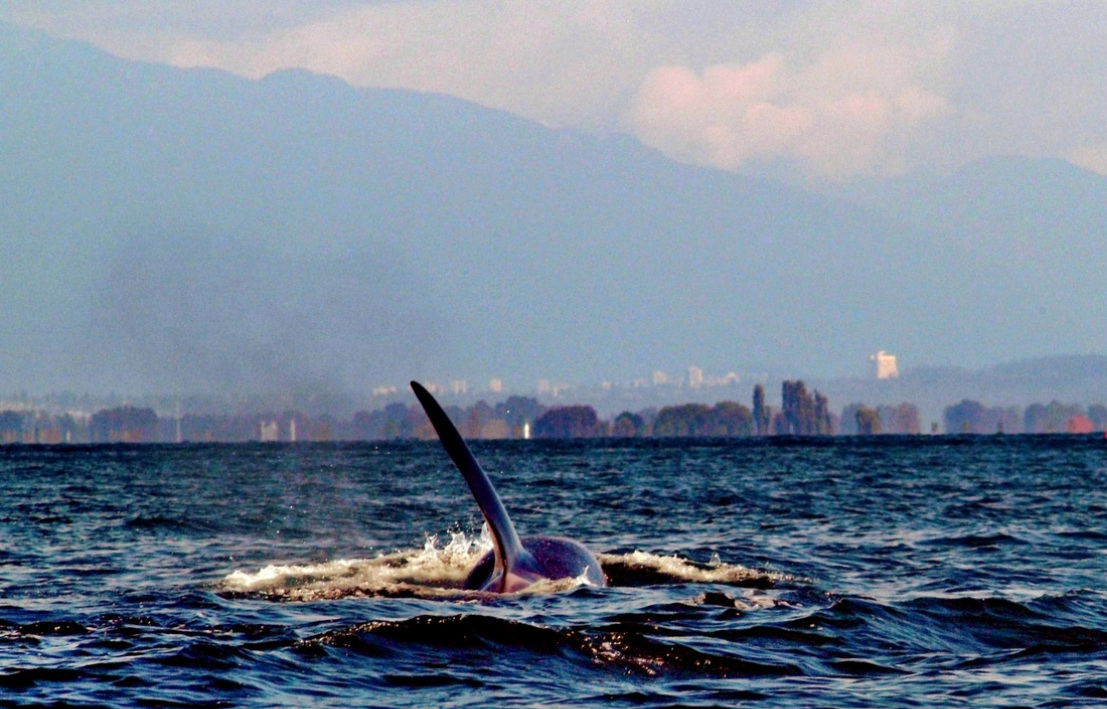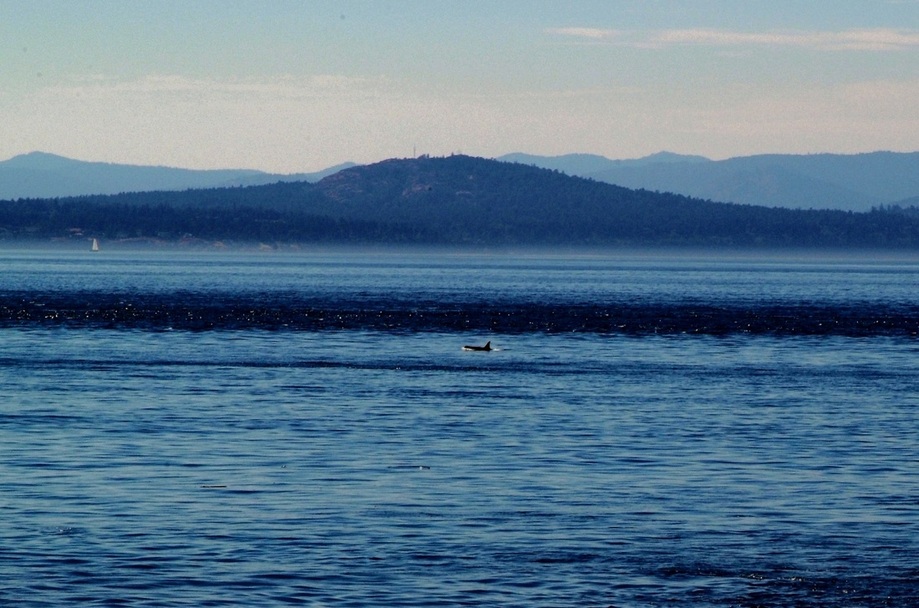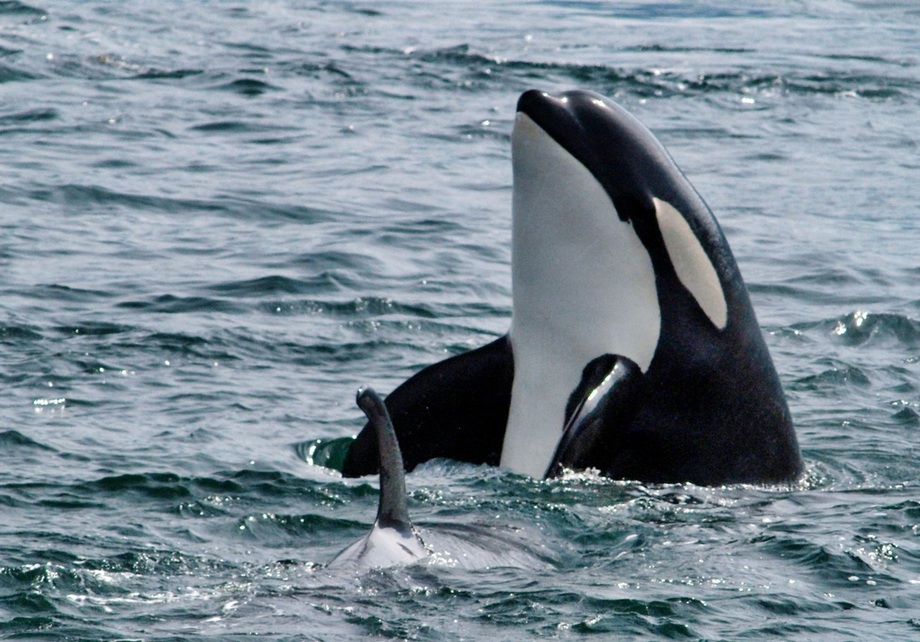@CarolineKennedy What can we do to help influence change on this dolphin issue? We don't want to hate we just want to help. Bill
— William Shatner (@WilliamShatner) January 24, 2014 Regarding Blackfish....no band that I am in will ever play any where they have imprisoned dolphins or orcas...not ever
— David Crosby (@thedavidcrosby) December 30, 2013 Deeply concerned by inhumaneness of drive hunt dolphin killing. USG opposes drive hunt fisheries.
— キャロライン・ケネディ駐日米国大使 (@CarolineKennedy) January 18, 2014 Dear Japan, the world is watching and we are horrified. #Taiji #blackfish #SeaWorld #SaveCoveDolphins #SeaCircus #tweet4taiji
— Holly Marie Combs (@H_Combs) January 19, 2014 @Peta #Seaworld Orca link: http://t.co/cJQuxIKp
— Bill Maher (@billmaher) October 26, 2011 "Shamu's jumped the shark" #seaworld
— Gina Trapani (@ginatrapani) October 14, 2010 Horrible. @seaworld kills another Orca... http://jc.is/bpUhk4 Do not take your kids to @seaworld--they are torturing these animals.
— jason (@Jason) September 9, 2010 (tweet fix): @KidRock and @OfficialJackson you're going to play #seaworld ? shame man....shame...wake the hell up dudes....L
— Les Stroud (@reallesstroud) January 30, 2014 “@CarolineKennedy:Deeply concerned by inhumaneness of drive hunt dolphin killing. USG opposes drive hunt fisheries.” Thank U for Ur support
— Kirstie Alley (@kirstiealley) January 19, 2014 



 RSS Feed
RSS Feed
